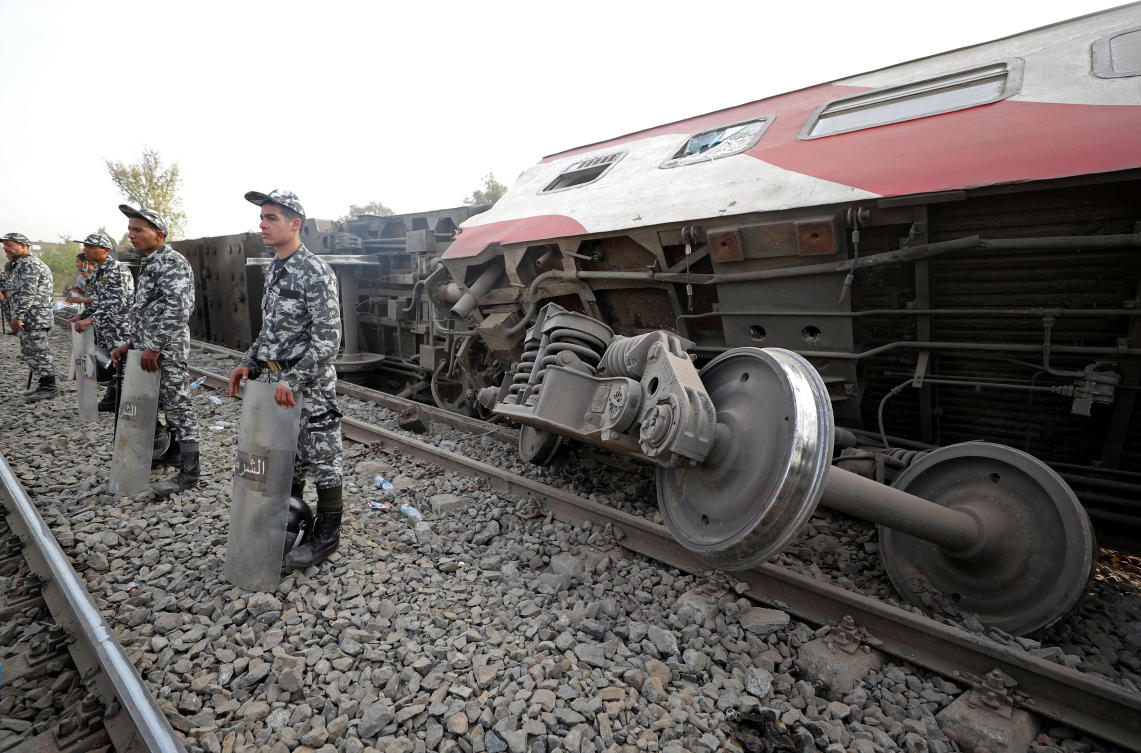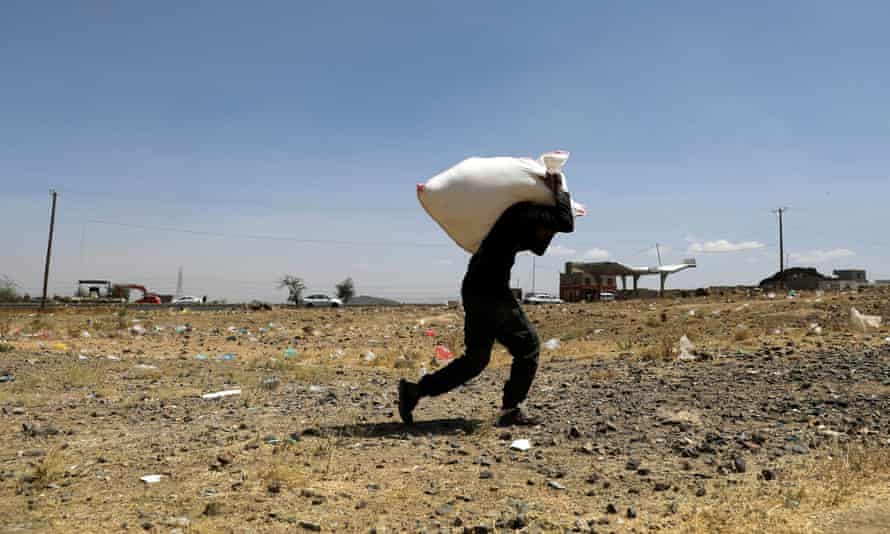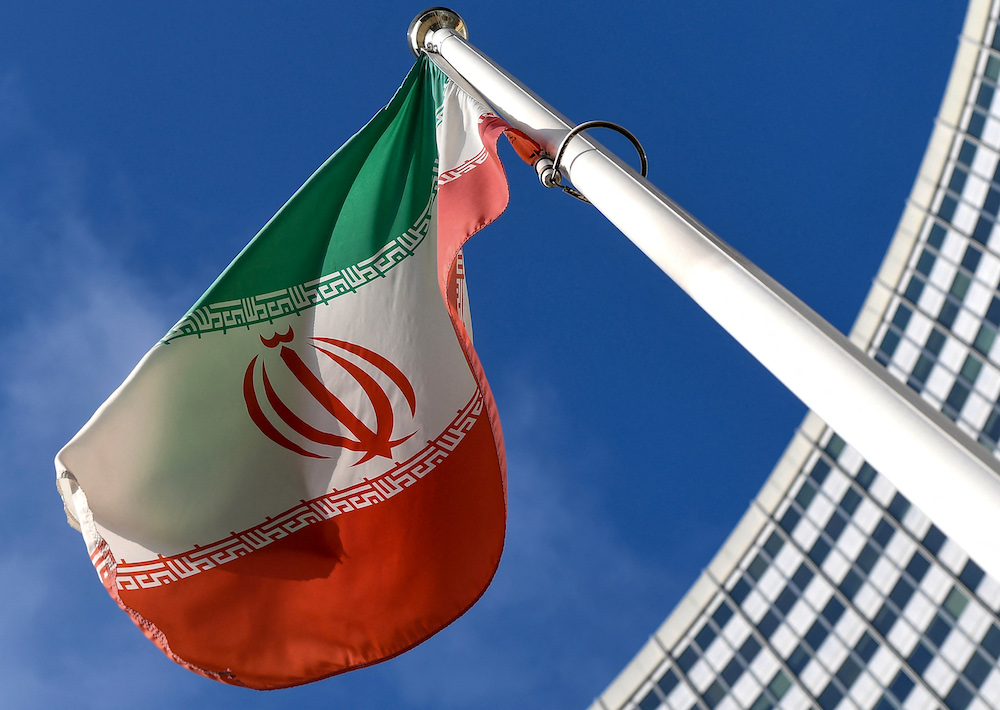BEIRUT: Syrian refugees in Lebanon have expressed bitterness and disappointment ahead of elections that are expected to keep President Bashar Assad in office.
The Syrian Parliament has set May 26 as the date for the poll.
Assad won in 2014 with more than 88 percent of the Syrian vote. He has not officially announced his candidacy to run in next month’s election.
News that Syria’s embassies had opened for voter registration was met with disappointment by refugees in Lebanon, who also expressed their frustration with the international community.
Abu Ahmad Souaiba, speaking on behalf of the Voice of Syrian Refugees in Lebanon, said the revolution was launched to “achieve freedom and dignity.”
“Our disappointment today is great because of the failure to implement (UN) Security Council resolutions, which call for power transition not the re-election of Bashar Assad one more time,” he told Arab News.
Syrian refugees in Lebanon have been distributed in the Bekaa Valley and on the country’s northern borders since arriving in Lebanon, with the majority of those who took part in the revolution against Assad concentrated in the Arsal area.
“There are three segments of Syrians in Lebanon,” said Souaiba. “One segment includes families who have been living in Lebanon since before the revolution and those who are not affiliated with the opposition. The second includes the opposition, and these migrated to Lebanon in 2013 and 2014 because of the barrels of death (barrel bombs). The third includes those who are neither with the opposition nor with the regime, and those (people) came to Lebanon because of the economic crisis and are concerned about obtaining their livelihood and the sustenance of their families.”
According to the UN High Commissioner for Refugees (UNHCR), the number of registered Syrian refugees in Lebanon decreased to 865,500 by the end of Dec. 2020.
Lebanon called on the UNHCR to suspend new registrations at the beginning of 2015.
About 55,000 have returned to Syria in recent years as part of repatriation efforts by Lebanese General Security and as part of a reconciliation program sponsored by Hezbollah in some Syrian towns.
Rumors are circulating that Hezbollah has set up committees to fill out census forms with the number of Syrian refugees present in certain areas ahead of taking them to voting stations on polling day.
Talk of a Hezbollah census has coincided with information that the Ministry of Interior is waiting for UNHCR data in order to prepare a mechanism for calculating the number of Syrian refugees in Lebanon.
The ministry has been assigned this task in coordination with the Ministry of Social Affairs, Lebanese General Security and the UNHCR.
Arab News contacted UNHCR spokesperson Lisa Abu Khaled, but she refused to comment and only said there was “currently no refugee census.”
Souaiba believed there was no need to recount the refugees because, around six weeks ago, a census was carried out by NGOs under the supervision of Lebanese military intelligence for refugees in camps and settlements, specifically in the Arsal area which is open to the land connecting Lebanese and Syrian territories.
He also said there was news from inside Syria of hunger, even in Damascus, and painted a bleak picture of people’s desperation to escape.
“There is no fuel and no electricity,” he added. “A woman who fled to Lebanon with her children told me that her husband was arrested by Syrian authorities and his fate is still unknown. She is almost dying of starvation with her children. She preferred to flee to Lebanon with her children and borrowed $100 to pay the smuggler. She thought that in Lebanon she would receive some food, and this is better than hunger in Syria.”
A UNHCR study estimated that 89 percent of Syrian refugee families were living below the extreme poverty line in Lebanon in 2020, compared to 55 percent in 2019.




